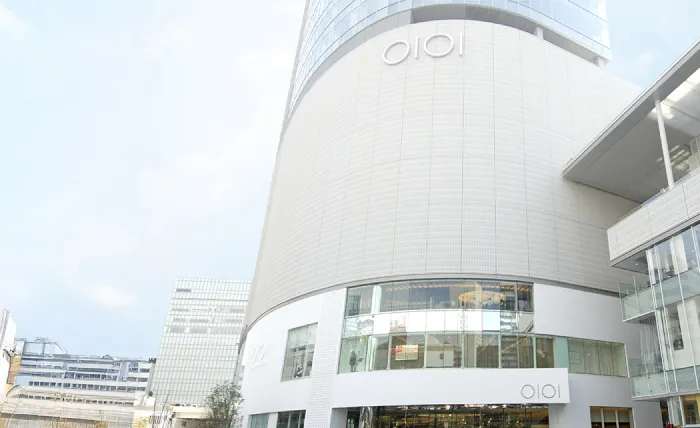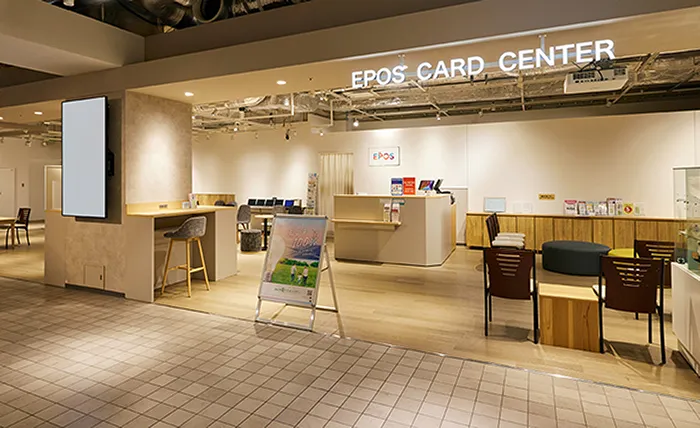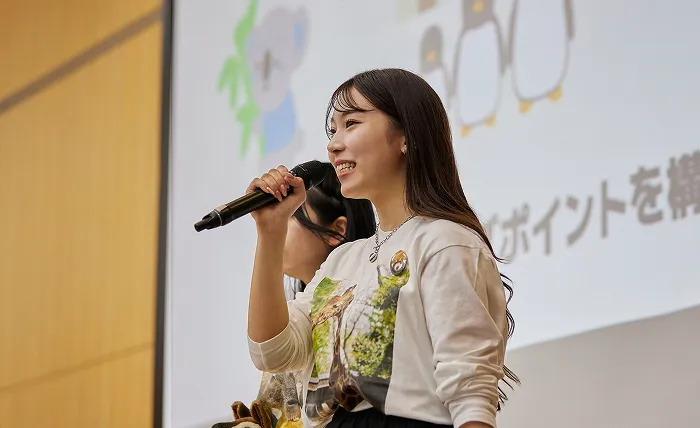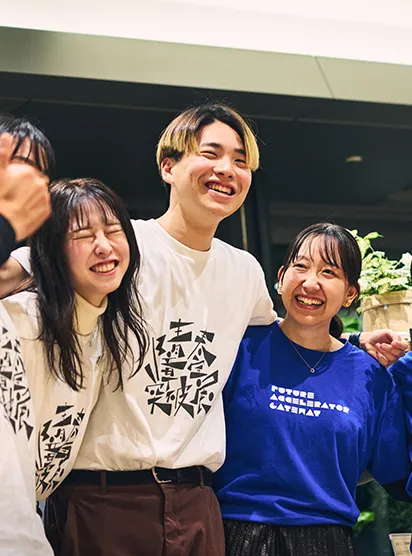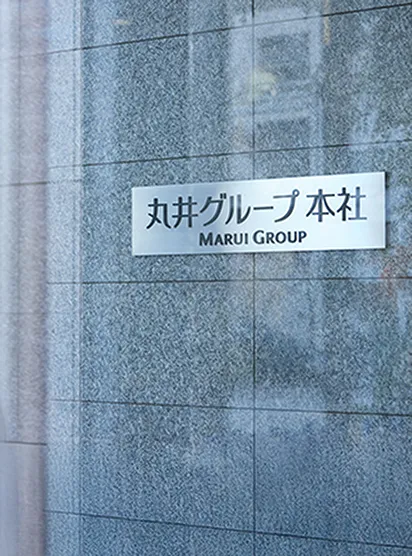Medium-Term Management Plan
Medium-Term Management Plan
Marui Group has formulated a new five-year mid-term management plan ending in March 2030 to enhance corporate value.By transforming into a business that supports “passion,” Marui Group aims to achieve its vision of “overcoming the dichotomy between impact and profit” and pursue high growth and high returns.
KPI Targets for 2030
Impact KPIs
| Themes / Priority Measures | Impact | 2030 Impact KPIs | Financial Value |
|---|---|---|---|
| Creating a future for future generations together |
Realize a carbon-neutral society
|
Reduction of CO2 by the Company, society, and individualsOver 1 million tons
|
|
|
Support future generations to “create businesses”
|
Support for the creation of business for future generations
(social intrapreneurship)Over 5,000 cases |
Over ¥10
billion in transactions |
|
| Create economy driven by individuals’ “Suki” |
Consumption that extends its benefits to others and society as a whole through the concept of “Suki”
|
Users of financial services that connect with society through their interestsOver 1 million people
|
Over ¥300
billion in transactions |
|
Financial services that connect with society through interestsOver 100 services
|
|||
|
Financial empowerment to support “Suki”
|
Users of financial services for young people, foreign nationals, etc.10 million people
|
Over ¥5.7 trillion
in transactions |
|
|
Financial services that support diverse work stylesOver 10 services
|
|||
| Create a society that generates a “flow” of workers |
Co-creation initiatives open both internally and externally
|
Number of occasions for co-creation with outstanding talent from around the worldOver 500 times
|
¥7 billion in Co-creation investment contribution margin
|
|
Number of new businesses created through co-creation20 businesses
|
|||
|
Workers and their work styles to demonstrate creativity
|
Percentage of employees who are able to easily enter a state of flow60%
|
Over 70% in Intangible asset ratio
|
|
|
Percentage of employees who are making use of their interests in their work75%
|
Financial KPIs
- PBR 3-4x = ROE At least15% × PER At least 25x
- EPS Annual Growth Rate At least 9%
- TSR Annual Growth Rate At least 12%
※ TSR (Total Shareholder Return)... An indicator representing total return combining both income gains from dividends and capital gains from stock price appreciation.
Plan's Directionality
Expanding consumption for others and society through “liking”
Financial empowerment that supports “liking”
Expanding card membership through integrated units of events, goods, and cards
Unleashing creativity through “flow”
Business development by social intrapreneurs
Areas of exploration
Specific Initiatives
Business Strategy
Capital Policy
In addition to growth investments including future investments, we plan to allocate funds toward share buybacks and shareholder returns aimed at capital optimization.

